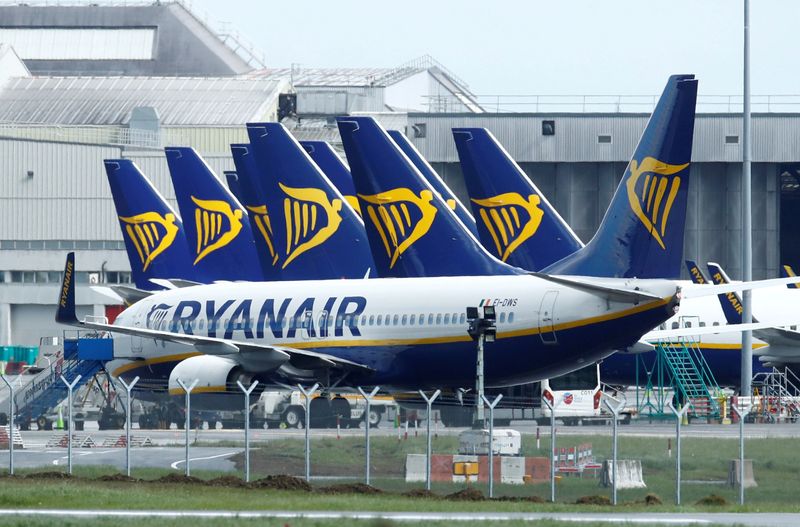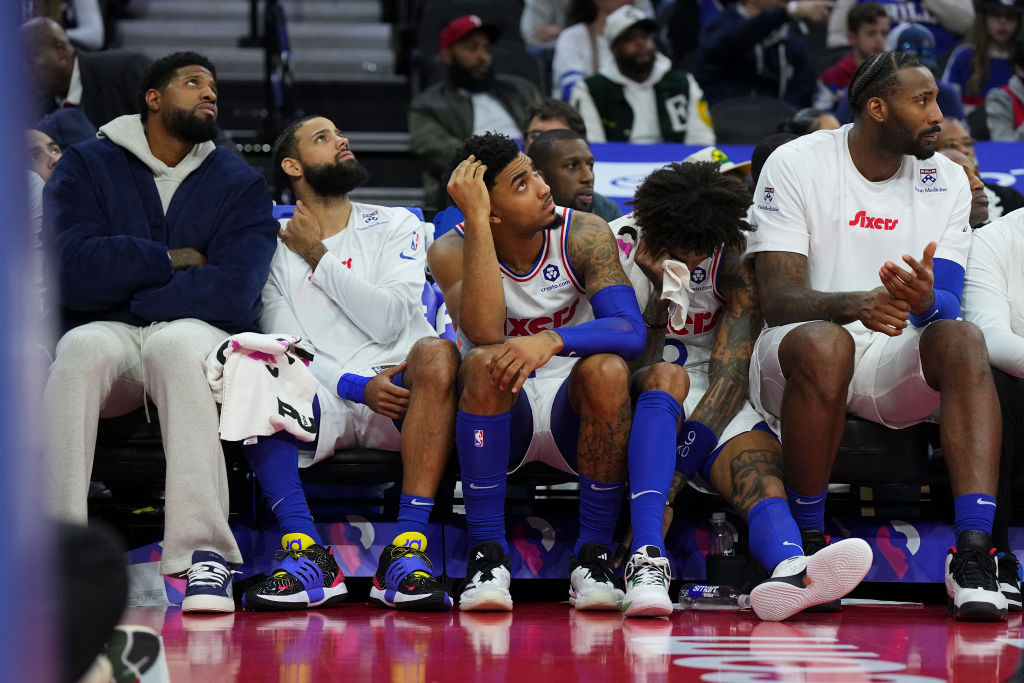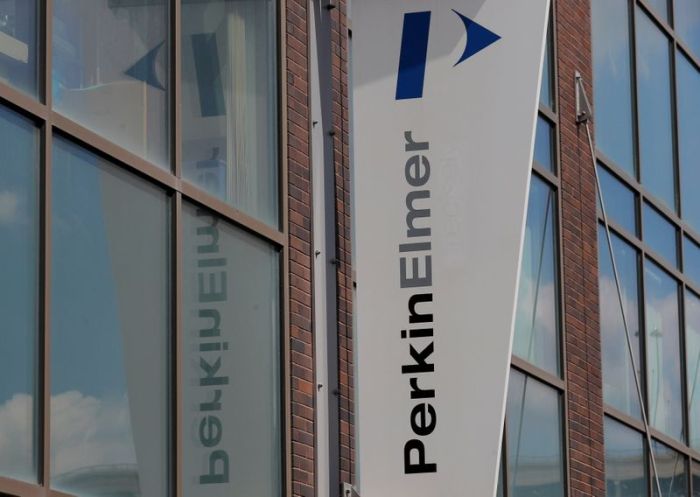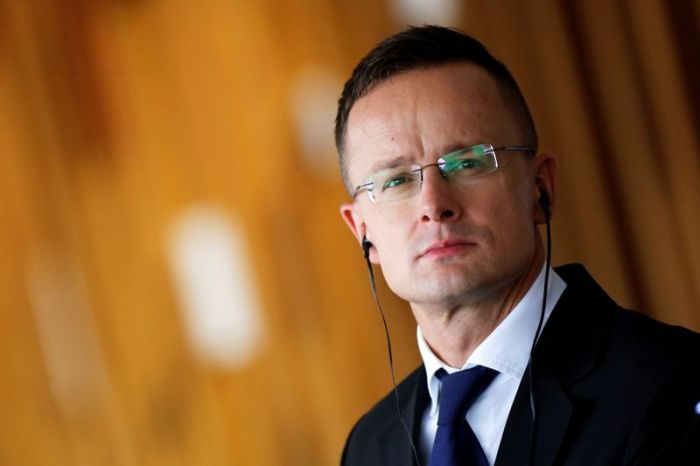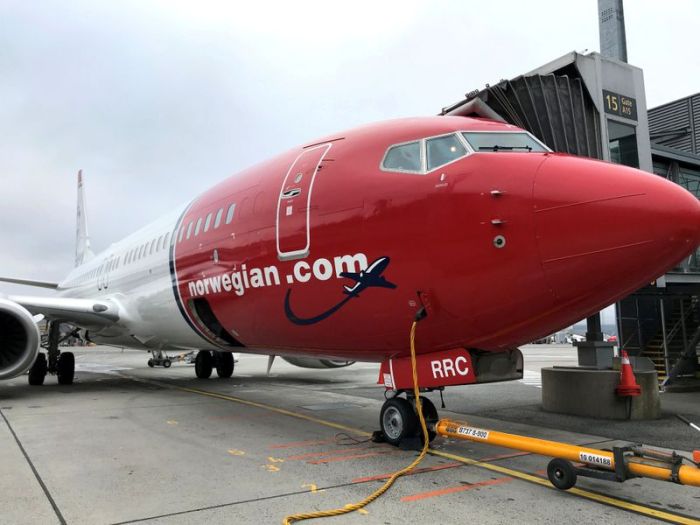DUBLIN (Reuters) – Ryanair shares surged 15% on Monday after Europe’s largest low-cost carrier announced details of sharp cost cuts and promised a swift return to full capacity and expansion in the aftermath of the COVID-19 crisis.
The Irish airline, which is due to move from a skeleton service to around half its normal capacity on July 1, said it had seen a “significant spike up in bookings” and suggested it may fly more passengers next year than last year.
The bullish commentary from Chief Executive Michael O’Leary marked a sharp contrast with rivals, several of which have requested significant state support and indicated they will exit the crisis as smaller airlines.
The Irish airline on Monday announced a profit of 1 billion euros for the 12 months to the end of March, slightly ahead of analyst forecasts.
Ryanair expects to post a loss of a little more than 200 million euros in the three months to the end of June and either break even or post a small loss for July-September. A profit forecast for the year, O’Leary said, was “impossible.”
While the forecasts were “loose” due to the plethora of variables, investors were impressed by the direction of travel set out by Ryanair with respect to cost cuts and the speed of a return to more normal passenger numbers, Goodbody analyst Mark Simpson said.
CASH BURN DOWN
Ryanair’s announcement that it had cut its weekly cash burn to a little more than 60 million euros in May from about 200 million euros in March was another factor in the share bounce.
O’Leary said cash burn is now around 10-15 million euros per week when the cost of unneeded fuel hedges are excluded, which he described as “almost zero.”
Ryanair reported a cash balance of 4.1 billion euros, including 600 million pounds raised under Britain’s Covid Corporate Financing Facility.
“They are managing the cash very well, they have contained the losses reasonably and they are back flying,” said Stephen Furlong, an analyst at Davy stockbrokers. “It looks like things are somewhat under control.”
O’Leary reiterated plans to cut at least 3,250 jobs and pay cuts of up to 20%, though he said both could be reversed in the coming years as Boeing begins to deliver dozens of 737 MAX jets per year – starting with 20-30 by summer 2021.
O’Leary said the airline would first look at the possible closure of loss-making bases in Britain, Germany and Spain.
It is also likely to close the main base of its Lauda subsidiary in Austria, which O’Leary said is facing an “existential crisis”.
“We need pay cuts. We need job losses, we need lower airport costs if we are going to right-size the business,” he said.
But he also said he expected Ryanair to carry over 150 million passengers in the year to March 2022, up from 149 in the year to March 2021. The failure of rival airlines will create “once in a lifetime” growth opportunities in the coming years, he said.
DOMINO EFFECT
O’Leary forecast a “domino effect” of countries scrapping restrictions on travel in June as the tourism industry in countries like Spain and Portugal lobby to match Italy in allowing foreign tourists to return from June 3.
He accused Britain of “idiotic” mismanagement of the COVID-19 crisis but said the government would likely be “embarrassed” into dropping its plan for a 14-day quarantine of travellers arriving from abroad.
(Reporting by Conor Humphries; Editing by David Goodman, Mark Heinrich and Jon Boyle)

